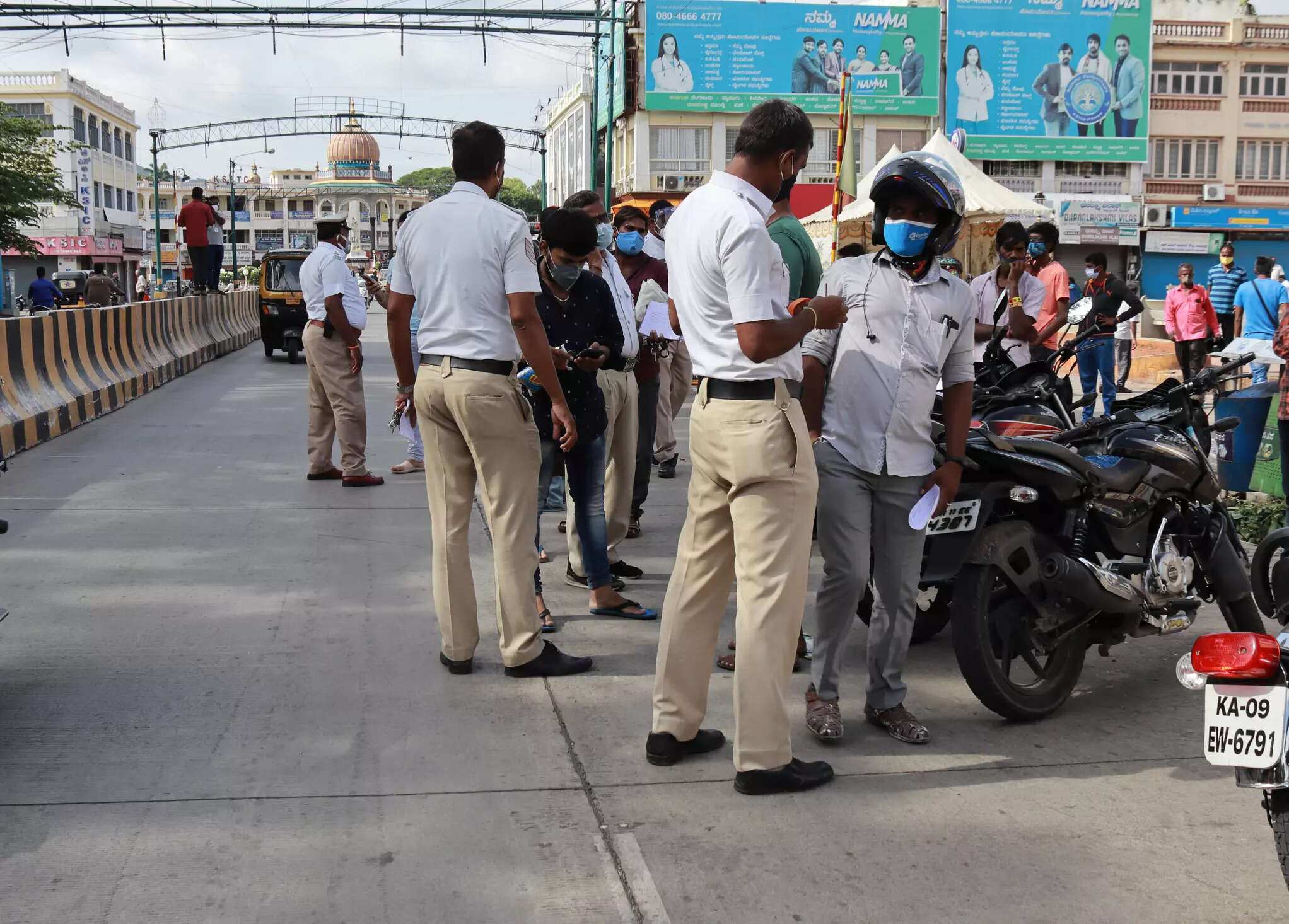
A 5-10-minute halt at entry points will ensure smooth vehicular movement in the Himachal Pradesh capital reeling from acute traffic congestion during the peak tourist season. With the advent of summer signalling the peak tourist season in the ‘Queen of the Hills’, the police have formulated a strategy to ensure hassle free traffic movement in the city.
The summer peak tourist season in Shimla usually lasts from April 15 to June 15.
As part of a trial run, the police are stopping vehicles arriving in the town at the entry points – Shoghi for those coming from Chandigarh, Chhabra for those entering from upper Shimla/Kinnaur and Heeranagar for those from Mandi, Kangra and Hamirpur districts – to ensure smooth traffic flow in the city, Superintendent of Police Sanjeev Kumar Gandhi said.
According to police data, about 60,000 vehicles remain parked on the roadsides in the city. On an average, about 12,000 vehicles enter Shimla on weekdays with the number rising to over 26,000 during weekends at the height of the tourist season.
“The flow of traffic goes beyond control at 16 bottlenecks and we are preparing a proposal to set up traffic lights at the three entry points – Shoghi, Chhabra and Heeranagar – that will be activated during rush hours,” Gandhi said.
Halting the onrushing traffic at the entry points is the need of the hour for smooth traffic on Cart Road (Circular Road) – the lifeline of Shimla – and to provide uninterrupted access to Victory Tunnel-Sanjauli Road for patients going to the Indira Gandhi Medical College Hospital, he added.
An analysis of traffic flow revealed that over 50 vehicles pass through the Victory Tunnel in the heart of the city from the three sides every minute. While about 20 vehicles can cross the tunnel at once, the remaining vehicles lead to traffic congestion.
The continuous release of over 10 vehicles per minute will ensure smooth traffic in the city and, therefore, the halt at the entry points is an experiment, Gandhi said.
The holding distance is 100 metres in Chhabra, 150 metres in Heeranagar and 400 metres in Shoghi.
CCTV cameras have been installed at the 16 major road stretches/points and bifurcations, including Sanjauli, Dhalli, Lift-Victory Tunnel stretch, Victory Tunnel-Lakkar Bazaar stretch, the railway station, New Shimla, Chotta Shimla and the ISBT Crossing, the police said.
The idea is to make the stay of tourists in Shimla comfortable and enjoyable and increase the duration of their stay, apart from making daily commutes convenient for the local residents, the police said.
According to MK Seth, president of the Tourism Industry Stakeholders’ Association, the duration for which tourists stay in Shimla has come down to just one day. Making traffic movement smoother and creating a tourist-friendly environment and adding more attractions will help increase the duration of their stay.
The halting of tourist vehicles at the entry points is making them unhappy but if the experiment is successful, the traffic problem will be resolved in the long run, he added.
The experiment, however, has evoked mixed responses from commuters.
“Vehicles arriving from Solan were stopped for 20 minutes on Friday. As a result, I was late for office,” said Manish, a regular commuter from Solan.
Earlier, the traffic jam would start from the 103 Tunnel. Now, vehicles are stopped at Tara Devi, he said and added that the earlier arrangement was better.
On the other hand, Rajiv, a local resident, said the town was built for a population of 15,000. It is now home to over three lakh people and vehicles have also increased manifold.
Traffic congestion has become a major issue and one month’s inconvenience is bearable provided there is a permanent solution to the problem, he said.
A bus driver said, “It used to take me an hour to one-and-a-half hours to reach the bus stand from the suburbs last May. That time has come down to 30 minutes.”
According to the Shimla City Traffic Regulation and Management Plan prepared by the police in February 2021, acute shortage of parking in schools, colleges, hospitals, government and private offices and shopping areas located along the roads, coupled with haphazard parking on narrow roads, was mainly responsible for congestion.
The then Superintendent of Police Mohit Chawla had pointed out that 1.20 lakh vehicles were registered in the town, which has a parking capacity for 2,500-5,000.
The problem assumed alarming proportions during the tourist rush with 1.43 lakh vehicles crossing the Shoghi barrier from December 24, 2020, to January 3, 2021, alone.

